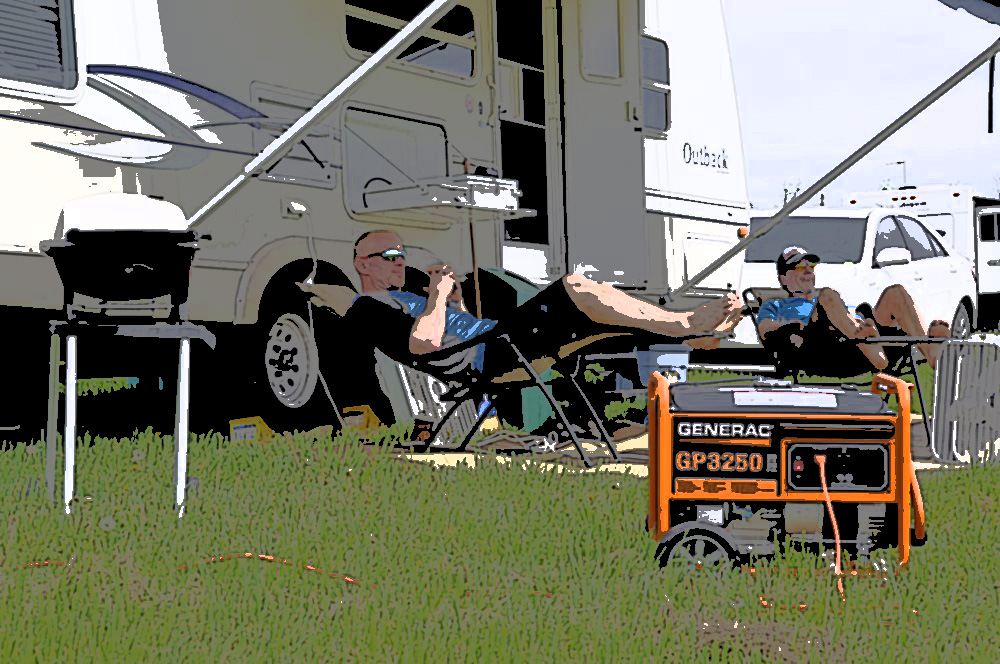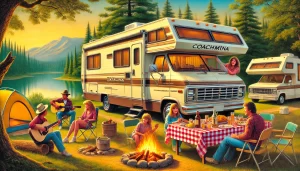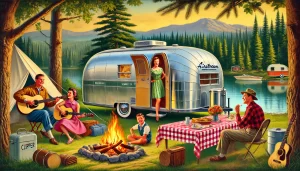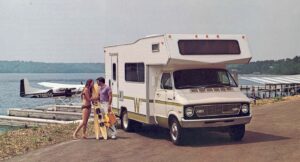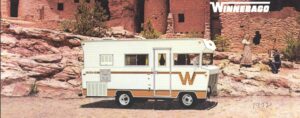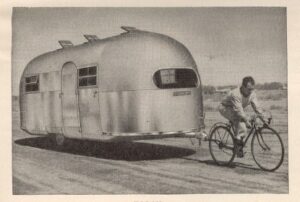Essential Considerations for RV and Camper Generators
When selecting an RV or camper generator, it is crucial to consider several key factors to ensure you make an informed purchase. One of the most important aspects is the generator’s kilowatt-hour (KW/h) rating.
Understanding KW/h Rating
KW/h, or kilowatt-hour, measures the amount of energy a generator can produce in one hour. This rating is vital because RVs and campers require a specific amount of power to operate various appliances and devices, including:
- Air conditioners
- Refrigerators
- Televisions
- Lights
- Other electronic devices
The KW/h rating determines how many devices you can run simultaneously. For example:
- A generator with a KW/h rating of 3.5 can power an air conditioner, refrigerator, and lights, but not much more.
- A generator rated at 7 KW/h or higher can support multiple appliances at once, offering greater versatility.
Fuel Types for Generators
Another crucial factor to consider is the type of fuel the generator uses. The most common fuel types for generators include:
- Gasoline Generators: These are typically the most affordable and widely available. However, they can be noisy and emit harmful fumes if used indoors or in poorly ventilated areas.
- Propane Generators: While slightly more expensive, propane generators operate more quietly and produce fewer emissions than gasoline generators. Propane is also commonly available at camping supply stores.
- Diesel Generators: The most expensive option, diesel generators are highly efficient and durable. They tend to be quieter and produce fewer emissions than gasoline generators, but diesel fuel can be harder to find in remote areas.
Additional Features to Consider
In addition to the KW/h rating and fuel type, consider the following features when choosing an RV or camper generator:
- Size and Weight: Some generators can be heavy and bulky, making transportation and storage in your camper or RV challenging.
- Noise Level: A loud generator can disrupt the peaceful atmosphere of a campground. Look for models with a decibel rating of 60 or lower for quieter operation.
- Additional Features: Consider generators with automatic shut-off for low fuel levels, remote start capabilities, and built-in surge protection to safeguard your devices from power surges.
Conclusion
In conclusion, when shopping for an RV or camper generator, it is essential to evaluate the KW/h rating, fuel type, size and weight, noise level, and additional features. By thoroughly researching and comparing different models, you can find the perfect generator to meet your needs and enjoy the comforts of home on your next camping adventure.
Useful Resources
For more information on RV and camper generators, consider visiting:

